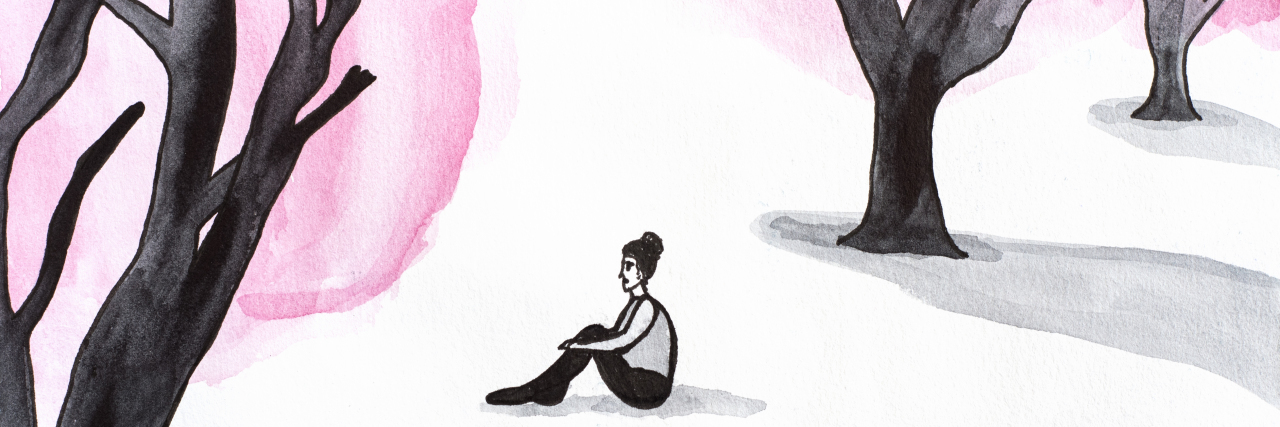I was born with a mild to moderate hearing loss, which means my hearing loss is around 20-30 percent. However, due to failures in the hospital where I was born, I was not diagnosed with this hearing loss until around the age of 6. I would not say my hearing loss is a defining part of my life, due in part to it not being severe and the accommodations I have received. Despite this, I have run into situations that have made me feel upset or angry about how people treat my hearing loss. Below are the three biggest ones:
1. One of my parents not believing I was capable of learning a second language.
My two parents could not be more different when it comes to their knowledge of spoken foreign languages. My mother speaks English, while my dad is fluent in four languages, proficient in two more, and speaks a bit of a seventh. After I was diagnosed with a hearing loss, my mother pushed the narrative that I was not capable of learning a second language.
While this has since proved to be untrue, it was very harmful. I would hope parents with children with hearing loss would encourage their children to learn foreign languages instead of saying they are not capable. It may not be positive for all children with hearing loss to learn second spoken languages as it may interfere with language development, but it is not true across the board.
Currently I am fluent in English and French, and I can understand a bit of Spanish. I have not only been capable of learning spoken foreign languages, I have excelled at it. I started learning French when I was 12. In high school I received awards for my study of French all four years, in university I placed into a 400 level French class my first semester, and I completed graduate coursework at Middlebury Language School — French division after my first year of university.
2. Every time someone insulted me for my hearing loss when I was younger.
I sometimes miss what people say — that’s not surprising considering I hear at 70 to 80 percent, but when I was younger people used it to insult me. Fortunately, it seemed to stop after elementary school as my peers matured, but it still stung.
Some of my classmates would call me “odd” and “weird” and did not want to include me in activities because I wore hearing aids and was therefore “different.” Additionally, if I missed something and asked someone if they could repeat it, more than one person said “are you deaf?” to me as an insult. There is nothing wrong with having a hearing loss and/or being deaf — it’s sad that “are you deaf?” continues to be an insult.
I am glad this stopped by the time I had entered sixth grade, but I should not have gone through stuff like this in the first place.
3. The professor who ignored my request.
In my second semester of university, I took the second part of a two semester microeconomics course in a large lecture hall. The professor often called on the students to answer questions, but he did so without repeating what the student said or giving the student a microphone, only telling the student if they were correct or not.
Almost 100 percent of the time, I had not heard what the student said because of the distance. I emailed the professor numerous times asking him if he could repeat student responses because I could not hear them — I never received a response and nothing changed. I did not receive a good mark in that course, and I think not having proper accommodations was partially to blame.
Getty image by Mary Jirovaya.

